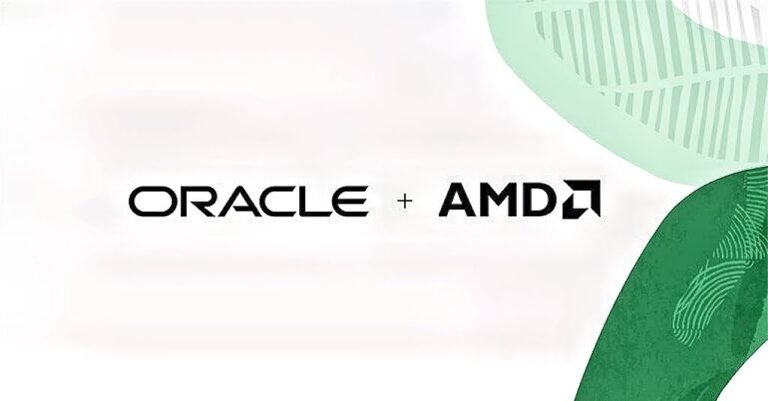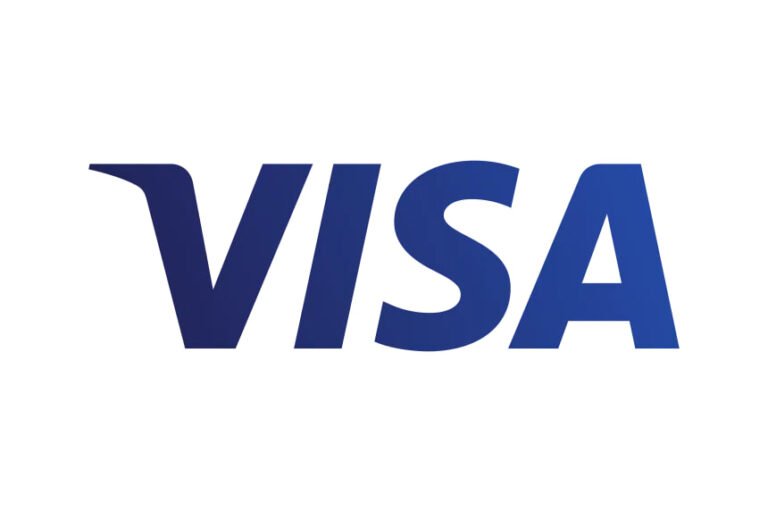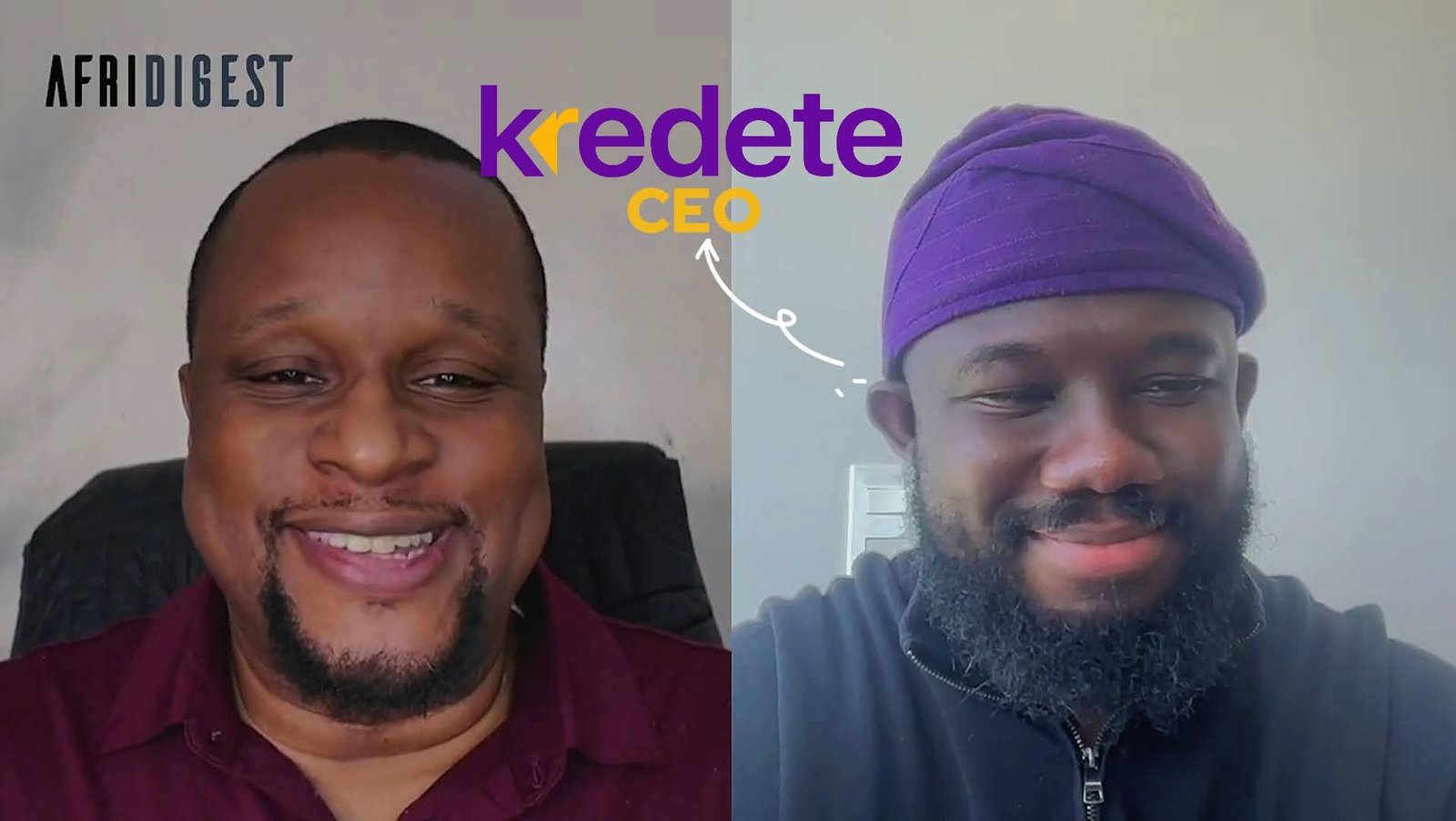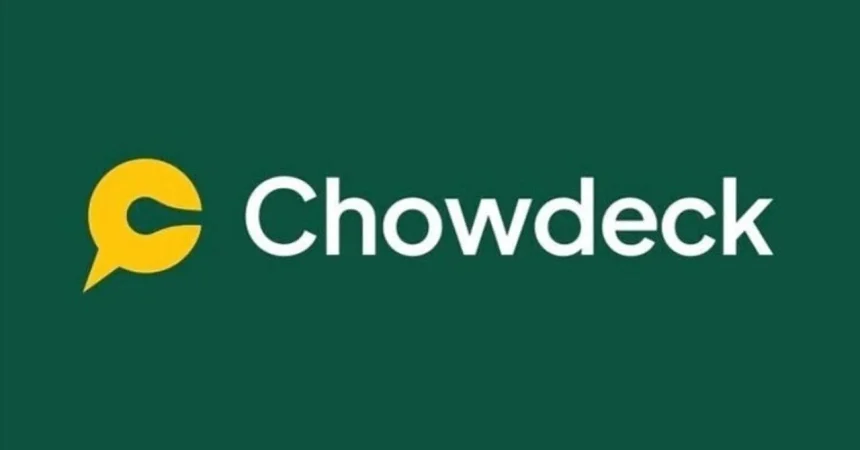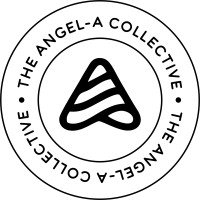-
Nigeria: Youth Leadership Development Programme 2023
The Youth Leadership Development Programme is now open for applications to empower, equip, and support young change leaders who are Nigerian undergraduates under the age of 30, by providing them with the knowledge, abilities, and supportive environment needed for them to become self-leaders who bring long-lasting change to their communities.
Programme Pathways
- The Youth Leadership Development Programme will take on two pathways this year:
- The Youth Leadership Programme (Sustainability Pathway) addresses the need to educate, strengthen, support, and enable young people in Nigeria for leadership, activism, and social change through outcome-driven policy engagements and inclusive resourcing that will support youth in shaping and supporting medium and long-term national development.
- Intercampus Leadership Debates (Advocacy Pathway) provides an avenue to reawaken student activism in Nigeria, demystify what leadership means, inspire active citizenship, and support them in collectively articulating their visions of the future while catalyzing pathways for them to decisively participate in that future themselves. This will be done through nationwide leadership debates.
Thematic Areas
- Education & Employment
- Health
- Peace Building and Security
- ICT and Entrepreneurship
- Climate Change and Environment
- Civic Participation
- Advocacy
- Diversity & Inclusion.
Pillars
- The Pillars are:
- Leadership
- Active Citizenship
- Sustainable/Community Development.
Funding Information
- N200,000 – N1.5 Million up for grabs.
Programme Components
- Virtual Training on their Learning Management System (LMS): Participants are onboarded onto the LMS to gain access to the modules. The modules are developed under the three pillars of the Youth Leadership Programme; Leadership, Active Citizenship, and Sustainable/Community Development. Participants have 5 weeks to complete the modules.
- Virtual Community of Practice: Participants are incorporated into a virtual community of practice, an online community where learning materials, programme updates, and other opportunities for development are exchanged. Collaboration and information exchange are promoted here .
- Change Project Pitching Sessions, Mentorship, and Implementation: The participants will be encouraged to form teams of 3-5 persons who will pitch their proposals for community change projects that tackle social issues. 100 successful teams will be selected to receive funding/subgrants and will also be paired with mentors to further aid their development and influence the excellent implementation of their projects.
- Leadership Debates: Participants who choose to take part in the debates will also be asked to form teams and submit video entries for the debate competition. The competition will take place in 5 rounds which are: Elimination round 1&2, quarter finals, semi-finals and finals. To further prepare them for the competition, participants will be taught policy accelerator courses by expert professionals, and the goal of this is to build their debating skills and boost their knowledge of civic participation.
- Youth Leadership Conference: The Youth Leadership Programme will conclude with a physical Debate National Finale and Awards Ceremony. This will be an opportunity to reward participants/teams and institutions for their work over the course of five months.
Also Read: Funding Opportunities for African Businesses
Eligibility Criteria
- The Youth Leadership Development Programme (YLDP) is a 5-months Leadership programme for young Nigerian undergraduates aged 18 – 30years which aims to equip and empower them with the skills, knowledge and resources required to become transformative leaders and active citizens who will drive sustainable development in their communities.
- To successfully apply for the YLDP, an applicant should possess the following qualities:
- A Male or Female Undergraduate in a Tertiary/Vocational Institution in Nigeria.
- Aged 18 – 30 years
- Passionate about advocacy, activism and community development
- Interested in inclusion, diversity and civic responsibility and eager to exercise these interests
- Eager to champion change projects geared towards community development & the SDGs
- Eager to engage with government institutions and influence policy
- Committed to attending the Online Training, Debates and is available for mentoring.
For more information, visit Youth Leadership Development Programme.
-
Call for Proposals: Soil Fertility Grant Programme
Deadline: 31-Mar-23
The Ministry of Foreign Affairs published a call for grant proposals for the Soil Fertility programme: one for Sahel/West Africa and one for East and Central Africa.
The Ministry of Foreign Affairs published a call for grant proposals for the Soil Fertility programme: one for Sahel/West Africa and one for East and Central Africa.
Organisations with experience in achieving sustainable management of soil fertility in a way that contributes to ecologically sustainable improvements in food productivity and to increased resilience of small-scale food producers and/or pastoralists in Sub Sahara Africa may apply for a grant.
The following points are important in ensuring that activities contribute as effectively and efficiently as possible to the general goal of the Soil Fertility Grant Programme:
- Focus on integrated soil fertility management; combine local agro-ecological methods, nature-based solutions and external knowledge and inputs (particularly fertilisers), and establish a strong link with climate adaptation, agrobiodiversity, water management and value chain development.
- Gender strategy; targeted measures to improve soil fertility management by women producers, safeguarding their interests at local, regional and national levels.
- Embedded in local and national structures and aligned with prevailing policy and implementation plans.
- Aligned functionally and effectively to one or more existing initiatives, preferably of regional governmental or intergovernmental organisations, aimed at strengthening smallscale farming systems. The initiatives should have a large geographical reach and target group. It is essential that alignment with such initiatives is institutionally anchored.
Scope
- Goal and approach
- To be eligible for a grant under the Soil Fertility Grant Programme, activities must be based on a theory of change (ToC) developed by the applicant aimed at achieving the following goal:
- Achieve sustainable management of soil fertility in a way that contributes to ecologically sustainable improvements in food productivity and to increased resilience of small-scale food producers (arable and/or livestock farmers) in the Sahel/West Africa and East and Central Africa.
- To be eligible for a grant under the Soil Fertility Grant Programme, activities must be based on a theory of change (ToC) developed by the applicant aimed at achieving the following goal:
- Framework for the theory of change
- A theory of change must be drawn up to achieve the goal formulated, indicating how sustainable impact will be achieved with regard to the following:
- Farmland is converted to ecologically sustainable use in such a way that
- Small-scale food producers, particularly women, have sustainably improved their productivity and
- Small-scale food producers, particularly women, are more resilient to climate change and (climate) shocks.
- A theory of change must be drawn up to achieve the goal formulated, indicating how sustainable impact will be achieved with regard to the following:
- Results and indicators
- The Soil Fertility Grant Programme aims to support activities that contribute directly and measurably to, as a minimum, the following result areas of Dutch policy on food security, water and climate:
- Farmland is converted to ecologically sustainable use;
- Small-scale food producers, men and women, have raised their productivity;
- Small-scale food producers, men and women, and their agro-ecological systems are less vulnerable to current and expected impacts of climate change and other shocks, thanks to increased resilience and/or reduced exposure.
- The Soil Fertility Grant Programme aims to support activities that contribute directly and measurably to, as a minimum, the following result areas of Dutch policy on food security, water and climate:
Funding Information
- The Minister is providing €200,000,000 in grant funding under the Soil Fertility Grant Programme for a period of ten years. These resources count as ODA and are distributed over the two regions as follows:
- €100,000,000 is available for a grant for activities in the Sahel/West Africa;
- €100,000,000 is available for a grant for activities in East and Central Africa.
- Duration of the activities
- The grant period is from 01-11-2023 up to and including 31-12-2033. For each region the grant amount will be disbursed in two phases: from 2023 to 2028 (phase 1) and from 2028 to 31-12- 2033). The grant will be prepaid in yearly instalments on the basis of liquidity forecasts.
- The Ministry of Foreign Affairs will commission an external evaluation, to be conducted during the last year of phase 1, in Q2 of 2028, of the results achieved up to that time and giving an estimateof the chance of results being achieved as envisaged in phase 2.
Eligible Costs
- The eligible costs are listed and explained in the model budget that must be used in drawing up the budget to be submitted in stage 2 of the application procedure (appendix 5 to this grant policy framework). In calculating the costs eligible for a grant, the following principles apply:
- Only costs that are necessary for carrying out activities for which grant funding is sought, and which cannot reasonably be covered from the applicant’s own resources or in some other way, are eligible for a grant;10
- Only costs incurred during the grant period as stipulated in the grant decision are eligible;
- Costs of materials and depreciation costs on investments related to the implementation of the activities are eligible;
- Costs of third-party services for which an external party is contracted and which are invoiced in arrears are eligible;
- Costs will be compared with local standards and assessed for reasonableness;
- Audit costs: under the Ministry’s 2022 audit protocol a report of findings must be appended to the audit opinion. This increases the cost of an audit. Please bear this in mind when drawing up the budget.
Eligibility Criteria
- Type of organisation
- Not-for-profit organisations which possess legal personality under civil law (such as NGOs8 or knowledge institutions) and which have a track record in integrated soil fertility management (ISFM) and the development of small-scale farming systems.
- Organisations may apply independently or join a consortium of organisations, one of which submits the application as lead party. A consortium is a framework for cooperation between two or more organisations, as defined, that have concluded a partnership agreement with a view to implementing the activities for which a grant is requested.9 All parties in the consortium contribute verifiably to the final objectives of the consortium’s activities.
- For-profit organisations do not qualify for a grant under this programme as independent applicant nor as lead party of a consortium. They can be co-applicant in a consortium for which an organisation as mentioned is the lead party and submits the application. For all organisations part of a consortium applies that they must possess legal personality under civil law and have a track record in integrated soil fertility management and the development of small-scale farming systems.
- An organisation may qualify for a grant only once under this programme as either lead party of a consortium or as independent applicant. If an organisation submits more than one application as either a lead party or an independent applicant, only the first application submitted will be considered. Any applications subsequently received will be rejected, regardless of the region that the application concerns.
- There is no maximum on the number of consortia an organisation can participate in as coapplicant, even if it is has submitted another application as either a lead party or independent applicant.
- Local and other governments, intergovernmental organisations and organisations in which a public authority is the sole shareholder (or the majority shareholder) are not eligible for a grant, and cannot therefore be an applicant, lead party or co-applicant.
For more information, visit Subsidy Soil Fertility Programme.
Also Read: Funding Opportunities For African Businesses
-
Call for Expressions of Interest: TIA/ Chemin (South Africa)
Deadline: 5-Feb-23
The Chemistry Incubator (Chemin) would like to invite SMMEs in the Indigenous Knowledge Systems sector and community of practice to submit Expressions of Interest (EoIs) to develop Indigenous Knowledge-based products or processes on a semi-commercial or commercial scale.
Parameters
The following parameters will be applicable to this EoI:
- TRL/Stage of development: 3-upwards
- Focus areas: Primary Processing to product and process development of herbal infusions, cosmeceuticals, and nutraceuticals based on Indigenous Knowledge
- Funding period guideline: Maximum 12-18 months
Requirements
- Applying SMMEs must be South African owned and must be registered with the Companies and Intellectual Property Commission (CIPC),
- Valid tax clearance certificate or pin code,
- Company Profile
- Processes and product prototypes that are already — under development will receive preference,
- Demonstration of potential or current markets (verifiable market interest) and business plan,
- The applicant must demonstrate competitive know-how,
- The potential for greater economic and social impact through, for example, local manufacture and job creation must be clear,
- Current company financials, if any, and
- Clear description of the type of technical assistance required, prioritised in terms of commercial market requirements.
- Preference will be given to the following in underserved regions of South Africa:
Exclusions
The following will not be covered under this call:
- Requests for infrastructure or purchase of land,
- Requests for start-up costs,
- Requests for operational costs (for example salaries, rent, telephony),
- Requests to establish farming enterprises of the plants (primary agriculture),
- Equity holding or purchase rights,
- Clinical trials
- Accreditation of facilities.
For more information, visit Chemistry Incubator.
- USAID-Rwanda: THRIVE Health Systems Strengthening Next Activity
Deadline: 17-Feb-23
The United States Agency for International Development (USAID) is seeking applications for a cooperative agreement from qualified entities to implement the THRIVE Health Systems Strengthening NEXT (HSS NEXT) activity.
The purpose of the THRIVE Health Systems Strengthening Next (HSS Next) activity is to increase the resilience of the Rwandan health system, optimizing resources to sustain quality services and equitable health outcomes for all Rwandans. The activity will support the USAID Vision for Health System Strengthening 2030’s three overarching health system goals of equity, quality, and resource optimization through a focus on the health system functions of health financing, leadership, management, and governance; and health workforce.
- USAID: Feed the Future EthiopiaCommunity Nutrition Activity
Deadline: 31-Jan-23
The United States Agency for International Development (USAID), represented by USAID/Ethiopia, is seeking applications for a cooperative agreement from qualified entities to implement the Feed the Future Ethiopia Community Nutrition Activity.
The Community Nutrition activity will be implemented in all five clusters of the FTF ZOI area, layered in the same geographical area with the FAST activity. In addition to that, there should be integration and geographical overlap with other USAID activities in the FTF ZOI.
- USAID-Mozambique: Grants for Promoting Democracy and Human Rights Activity
Deadline: 31-Jan-23
The United States Agency for International Development (USAID) is seeking applications for a Cooperative Agreement from qualified entities to implement the Promoting Democracy and Human Rights (DIREITOS) activity.
The goal of this program is to increase political participation and access to justice for disadvantaged populations, and to enable them to hold the government accountable to improve the electoral process and justice services.
- USAID/South Africa: Accelerate TB Elimination and Program Resilience Activity 2
Deadline: 4-Feb-23
The United States Agency for International Development (USAID) is seeking applications for a Cooperative Agreement from qualified entities to implement the Accelerate Tuberculosis Elimination and Program Resilience Activity (ACCELERATE), the flagship tuberculosis (TB) project which comprises two separate activities.
The purpose of ACCELERATE – Accelerate TB Elimination and Program Resilience Activity is to support South Africa’s efforts to achieve TB elimination through early detection, appropriate treatment and care, and prevention among vulnerable populations, particularly those infected with TB, drug resistant TB (DR-TB), or TB/HIV co-infection.
- Mozilla’s Responsible Computer Science Challenge in Kenya
Deadline: 17-Feb-23
Mozilla and USAID are excited to announce that Responsible Computer Science Challenge (RCSC) applications are officially open in Kenya.
Mozilla and USAID are awarding 10 grants from a pool of $250 000 USD to innovation hubs and accredited institutions of higher education in Kenya that embed ethics into computer science programs and curricula.
- USAID/Maliseeking Proposals for Doniya Taabolo Activity
Deadline: 31-Jan-23
The United States Agency for International Development in Mali (USAID/Mali) is seeking applications for a Cooperative Agreement from qualified entities to implement the USAID Doniya Taabolo Activity.
Applicants must be non-governmental U.S. and non-U.S. entities, otherwise there is no restriction. Entities such as non-profit organizations, profit making concerns, Private Voluntary Organizations (PVOs), Public International Organizations (PIOs), faith-based and community organizations, educational institutions, etc. are eligible to apply.
Also Read: Our Profit is the Jobs & Exports Firms Generate With Our Grants- USAID Trade Hub
- Request for Applications: Power Africa Off-grid Project (Kenya)
Deadline: 31-Jan-23
The Power Africa Off-grid Project (PAOP), a United States Agency for International Development (USAID)-contracted project implemented by RTI International, seeks applications to fund one or multiple awards to provide incentives, in the form of grants, to qualified organizations/companies to promote the adoption and scale-up of off-grid technologies for productive use to boost productivity, gender equality, and economic growth in the Kenyan market.
The grant will aim to enable projects to demonstrate innovative operation models that attract further investment in PUE and encourage uptake of PUE products by women. The grant should therefore improve affordability and accessibility of PUE services to translate local economic development successes into impact at scale, and help overcome barriers faced by women.








